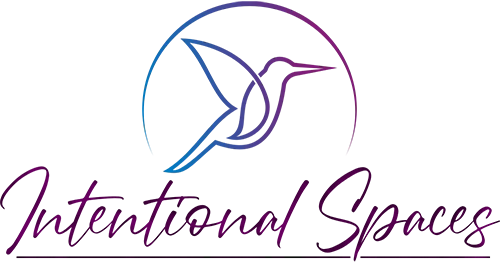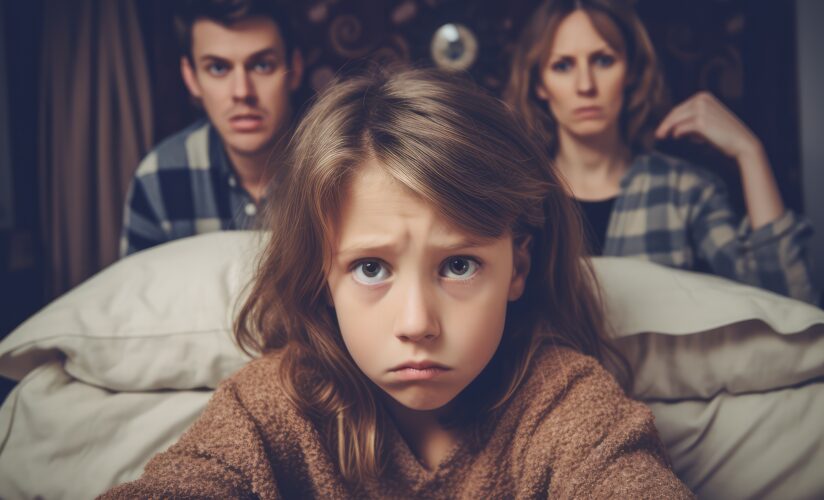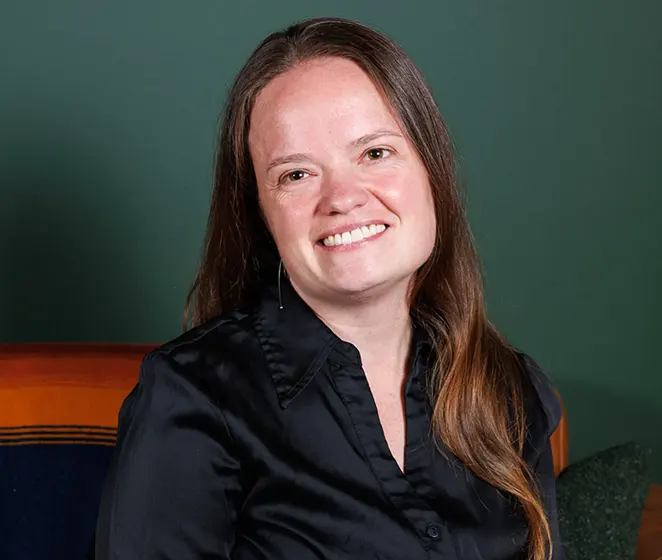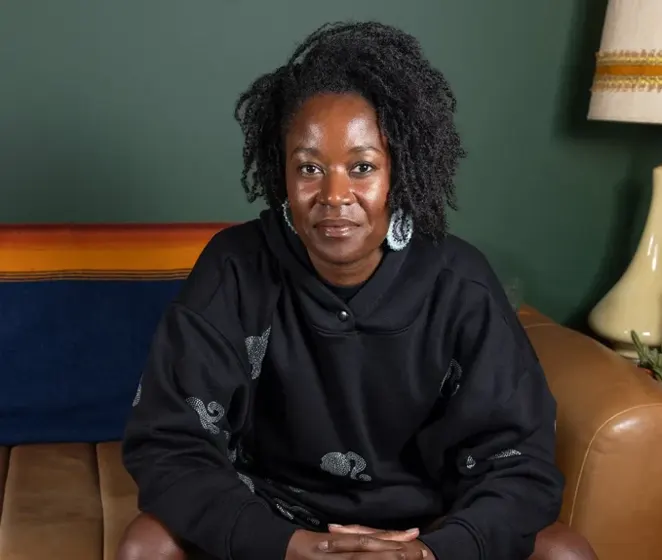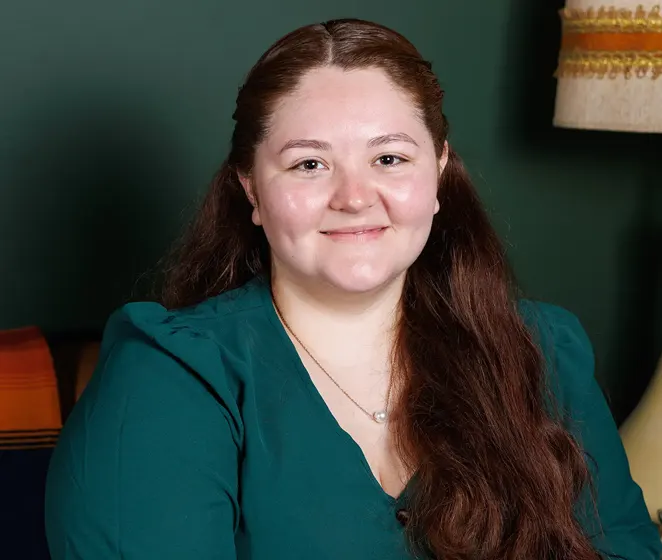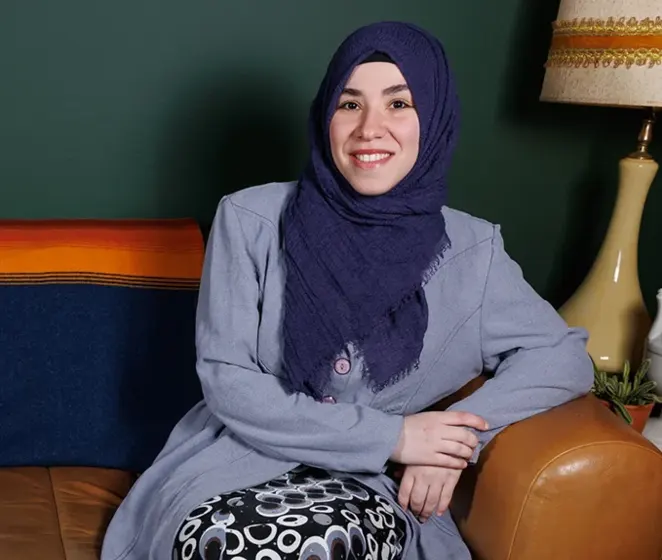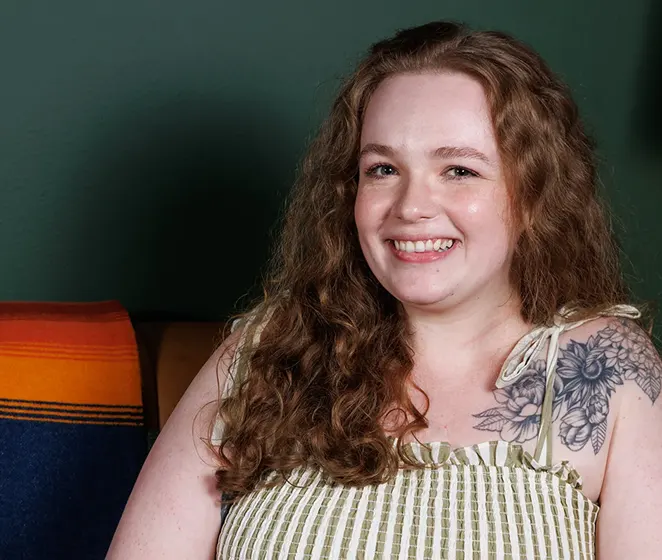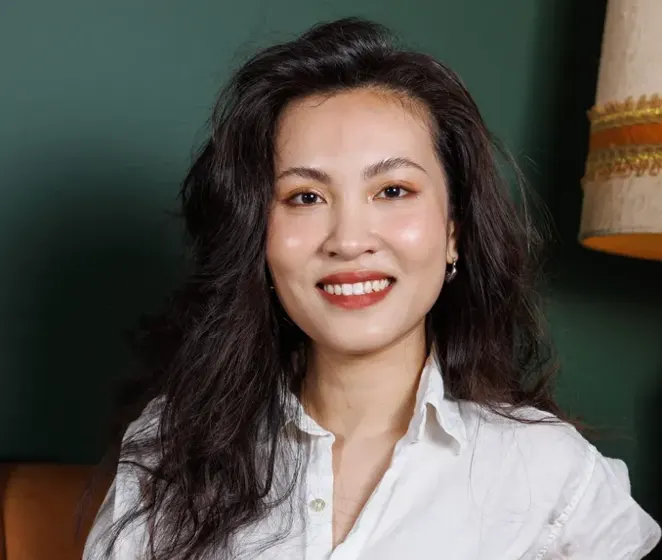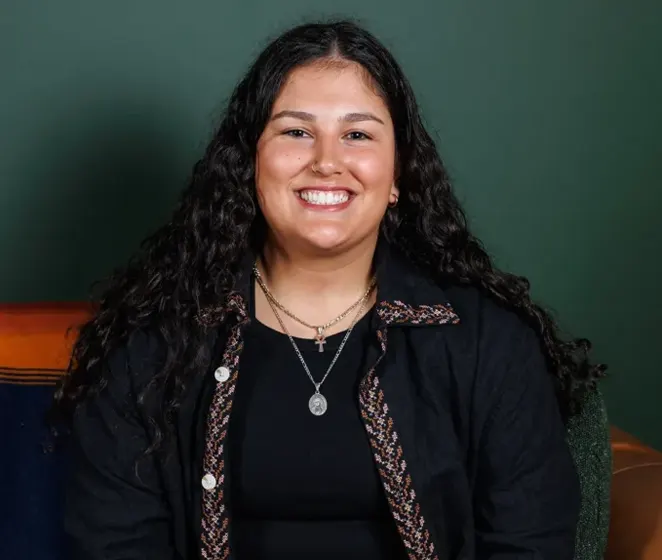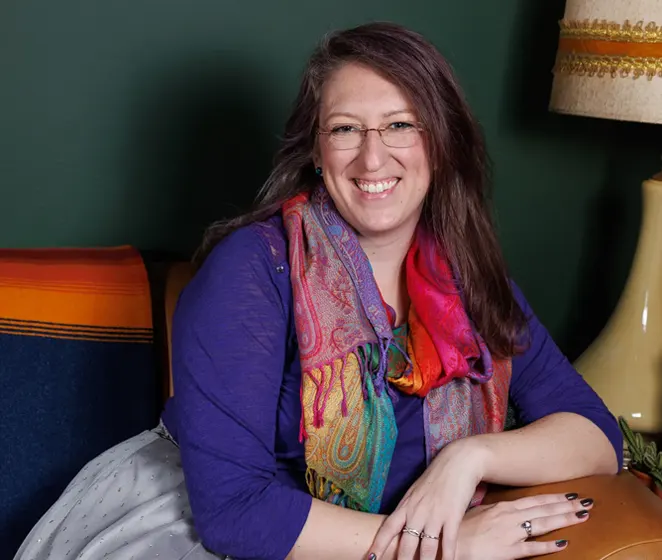by Intentional Spaces Psychotherapy
Family is often imagined as a haven, a place where we can return at the end of the day for comfort, understanding, and love. It is the space where many people learn their first lessons about trust, communication, and belonging. When family relationships feel strong and supportive, they provide a foundation of stability that helps us navigate challenges in the outside world with confidence. We carry the warmth of those connections into our friendships, our partnerships, and even into how we see ourselves.
Yet for many people, family is not always a place of safety. Conflict may appear in subtle ways, such as tension that never gets addressed, dismissive comments that linger in memory, or silence that creates distance. It may also emerge in louder, more visible ways, such as frequent arguments or patterns of criticism. No matter how it shows up, unresolved family conflict can leave deep marks. It can change how you feel about yourself, how safe you feel expressing your needs, and how connected you feel to the people around you.
What makes family conflict particularly challenging is its persistence. These are not disagreements you can easily walk away from; they are woven into the dynamics of the people you may see every day or rely on for emotional support. Even when everyone wants peace, old patterns often re-emerge, making it hard to move forward. Over time, this can create a cycle of stress, tension, and emotional pain that affects mental health and relationships in ways that extend far beyond the home.
Family conflict does not have to define your future, but acknowledging its impact is an important step toward healing. In this blog, we will explore how family conflict affects mental health, the way it spills into relationships, and how you can begin breaking these cycles to build healthier, more supportive connections.
How Family Conflict Affects Mental Health
When conflict within a family is frequent or unresolved, it often leaves deep emotional imprints that are difficult to ignore. Even long after an argument ends, the stress and tension can remain in the body and mind. Many people describe feeling constantly on edge or unable to relax in their own homes. This ongoing stress can accumulate and significantly affect mental health.
Family conflict can contribute to a range of mental health struggles, such as:
- Increased anxiety, especially when you feel constantly on alert, unsure if the next interaction will lead to tension or criticism
- Depression and sadness, which often develop when you feel dismissed, misunderstood, or disconnected from family members
- Low self-esteem, especially if you are repeatedly criticized or made to feel like your voice does not matter
- Difficulty regulating emotions, which may lead to being easily triggered, reactive, or emotionally shut down as a way to cope
These effects often begin in childhood, but they do not always end there. Without support, the patterns of anxiety, sadness, or self-doubt that start within a family can continue well into adulthood, shaping how someone relates to themselves and to others.
The Impact on Relationships
The effects of family conflict rarely stay contained within the household. They often spill over into other areas of life, influencing friendships, romantic partnerships, and even professional interactions. The patterns we learn in our families often become the unconscious templates we use to navigate other relationships. Without realizing it, we may repeat old dynamics, even when they no longer serve us.
Some of the most common ways family conflict shows up in relationships include:
- Avoidance of intimacy, especially if closeness once felt overwhelming, unsafe, or filled with tension in family life
- Difficulty setting healthy boundaries, often because limits were never respected or modeled within the family home
- Reenacting old roles, such as becoming the peacemaker, the caretaker, or the one who withdraws to manage tension
- Struggles with trust, particularly if past family relationships were marked by broken trust, criticism, or inconsistency
These patterns can make it harder to feel secure and connected in relationships. Yet becoming aware of them is often the first step toward change. When we notice these dynamics, we create space for new choices and healthier ways of relating.
Breaking the Cycle of Conflict
Healing from the effects of family conflict begins with recognizing the patterns that have shaped you and finding new ways to relate to yourself and others. Therapy provides a safe and neutral space to unpack these experiences, reflect on old wounds, and learn healthier coping strategies. It is not about blaming or reliving conflict but about creating opportunities for understanding and growth.
One of the first steps is developing emotional awareness. Learning to notice, name, and understand your emotions allows you to respond to conflict with greater choice rather than reacting out of habit or fear. Therapy also supports the practice of setting healthy boundaries, which are essential for protecting your mental health and creating respectful relationships. Boundaries are not about pushing others away but about creating clarity and safety in your interactions.
Improving communication skills is another key piece of healing. Therapy can help you find language for your needs, practice active listening, and learn how to navigate disagreements without escalation. For many, it is also important to explore past wounds and how they continue to shape present-day experiences. Gaining insight into the origins of your patterns provides freedom to make different choices, ones that align with the life and relationships you want today.
Conflict in families may not disappear entirely, but with greater self-awareness and support, it becomes possible to respond in ways that reduce harm and increase understanding. These small but meaningful shifts can create more peace in your daily life and more ease in your relationships.

Final Thoughts
Family conflict is painful, especially when it touches the people you most want to feel close to. When tension becomes a regular part of family life, it can harm your mental health, leaving you anxious, discouraged, or disconnected. The effects often extend far beyond the home, influencing the way you communicate, the boundaries you set, and the trust you can build with others.
Yet conflict does not have to define you or your future. Healing is not a quick or easy process, but it is absolutely possible. With the right support, you can begin to untangle the patterns that keep you stuck and create new ways of relating that feel healthier and more aligned with your values. For some, this means learning to set boundaries for the very first time. For others, it may involve letting go of guilt, resentment, or the need to play certain roles that were once necessary for survival.
Therapy provides a space to slow down, reflect, and understand yourself in ways that may have felt impossible in the middle of conflict. It is a place where you can build tools for coping with stress, practice new communication skills, and begin to see yourself with more compassion. Over time, these small steps add up, bringing more clarity and peace into daily life.
Family conflict can leave scars, but it can also be the beginning of growth and transformation. When you allow yourself to face these struggles and seek support, you create the possibility of relationships that feel more secure, more respectful, and more fulfilling. You deserve to feel safe, connected, and understood, and taking the first step toward healing can open the door to a future that no longer feels weighed down by the past.
